As Chinese Premier Li Qiang heads to Laos for a series of key meetings on East Asian cooperation, experts said the gathering of leaders in the region will help keep the correct direction of regional cooperation toward multilateralism and free trade amid surging anti-globalization and protectionism.
From Wednesday to Saturday, Li will attend the 27th China-ASEAN Summit, the 27th ASEAN Plus Three Summit and the 19th East Asia Summit held in Vientiane, the capital city of Laos, Foreign Ministry spokeswoman Mao Ning announced on Tuesday.
"China looks to work with ASEAN and regional countries to build consensus, deepen mutual trust, strengthen cooperation, and inject fresh impetus to peace, stability, development and prosperity of the region and the world beyond," Mao said at a regular news briefing in Beijing.
She said East Asia, in general, has maintained the sound momentum of peace and development but instability, uncertainty and unforeseeable factors are on the rise, as the world has entered a new period of turbulence and transformation.
"We need to jointly promote regional economic integration, level up trade and investment liberalization and facilitation, build connectivity at a higher level, and beef up the integrated development of industrial and supply chains in the region," Mao said.
She said China will also work with regional countries to jointly uphold regional order, consolidate the ASEAN-centered, open and inclusive regional cooperation architecture, practice true multilateralism, and reject bloc confrontation, tear down the small yard with high fences, and make East Asia a platform for mutually beneficial cooperation.
Xu Liping, a senior researcher on Southeast Asian studies at the Chinese Academy of Social Sciences, said it is important to enhance the resilience of East Asian cooperation to prevent being blocked by "small courtyards with high walls".
"East Asia has been an engine of global growth, but now this engine is being undermined by actions of decoupling and disrupting supply chains," he said, stressing the need to maintain East Asian cooperation to ensure the region continues to be the engine of growth.
As this year is designated as the ASEAN-China Year of People-to-People Exchanges, Gu Jiayun, vice-dean of the School of Asian Studies at Beijing Foreign Studies University, said more cultural and people-to-people exchanges between China and ASEAN countries are expected this year.
Rising travelers
Official data showed that the number of Chinese citizens traveling to ASEAN countries and the number of ASEAN nationals entering the Chinese mainland in the first eight months of this year have both more than doubled compared to the same period last year.
"The frequent exchanges will help build a bridge of cultural understanding that replaces doubts with trust and injects strong momentum from China-ASEAN cooperation into the world's economic recovery and development," Gu said.
During the Chinese premier's stay in Vientiane, he will also pay an official visit to Laos, followed by an official visit to Vietnam from Saturday to Monday.
"This is Premier Li Qiang's first visit to Laos and Vietnam after he took office," Mao said, adding that it is of significance to advancing comprehensive strategic cooperation and deepening the building of the community with a shared future.
Xu, with the CASS, said that Li's visits will further consolidate China's relations with the two neighboring countries through strategic communication on issues of major concern and discussions on practical cooperation.
"China, Laos and Vietnam are all socialist countries. China's sharing of governance experience with Laos and Vietnam will help their respective efforts toward realizing modernization," he said.
According to Xu, the potential remains to be tapped in China-Laos and China-Vietnam cooperation in such areas as infrastructure connectivity, energy and agriculture. "China and Laos may discuss how to better utilize the China-Laos Railway to improve the efficiency of customs clearance, thus facilitating the smooth transportation of Laotian agricultural products to China," he said.








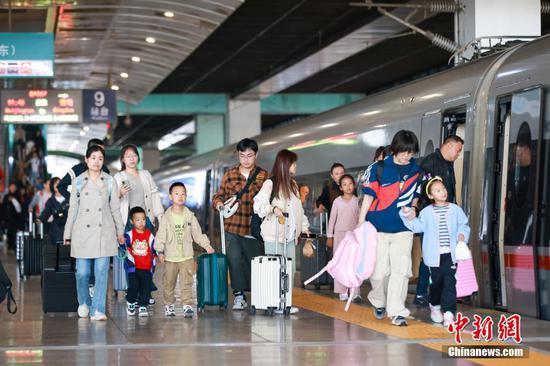
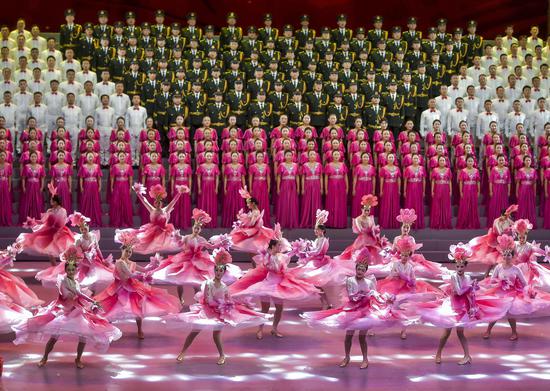

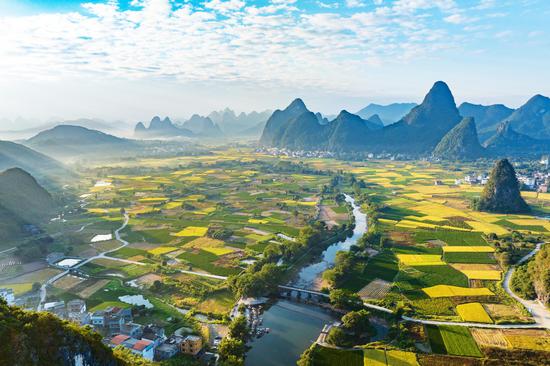
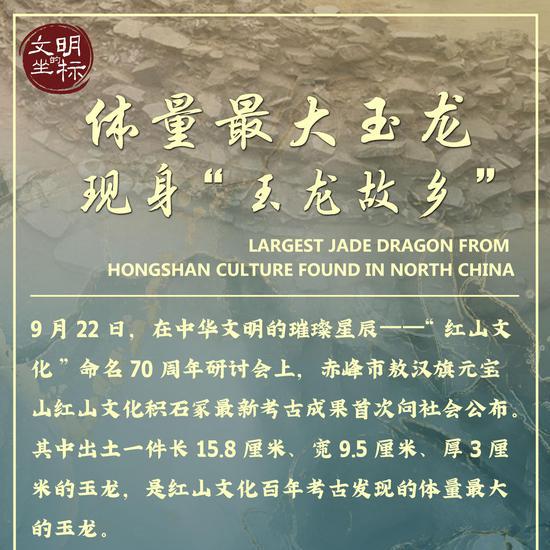
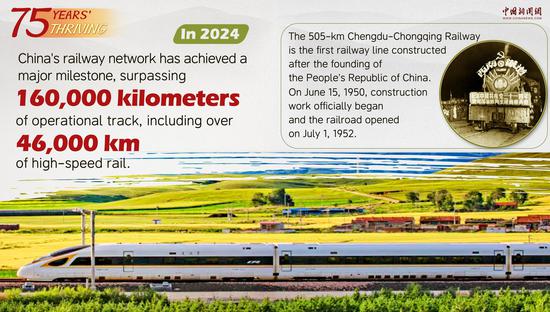
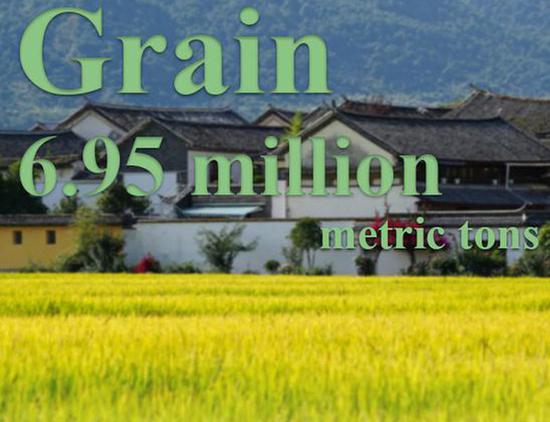






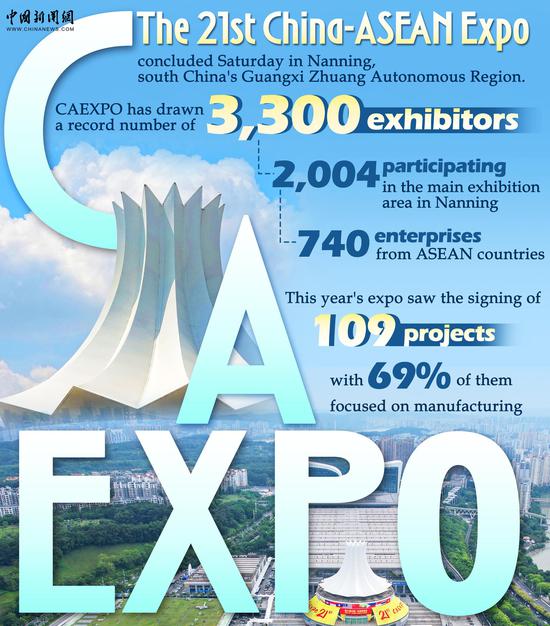
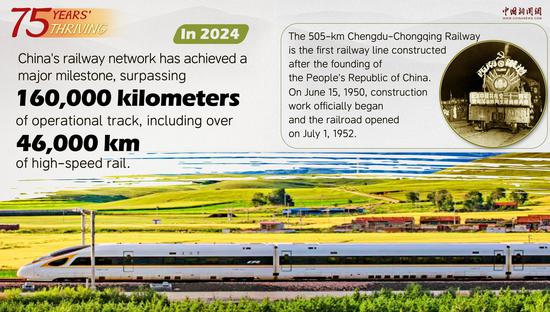
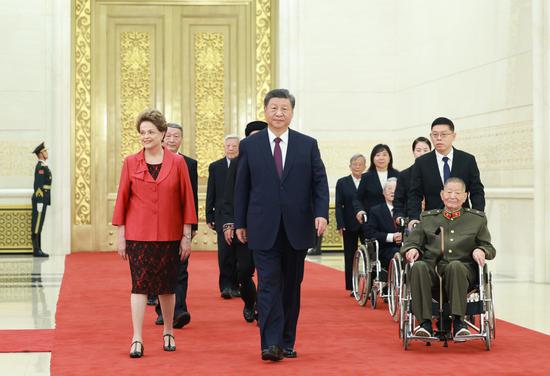

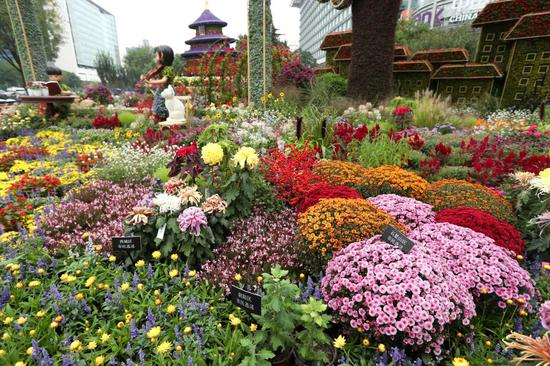
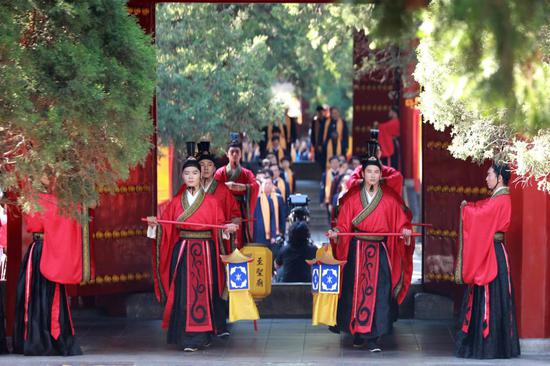
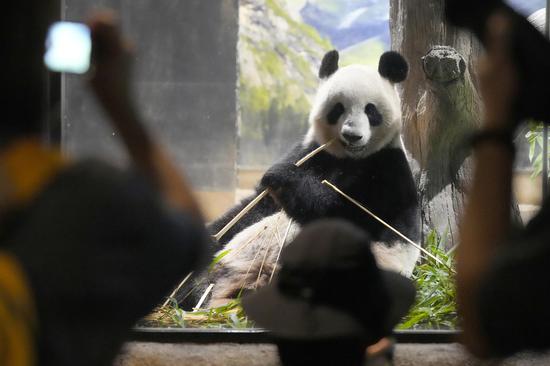

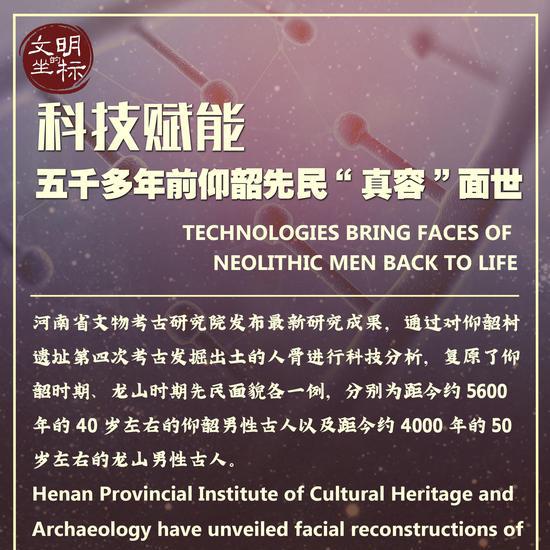
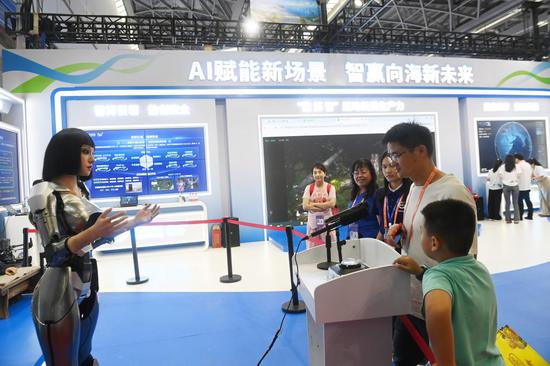
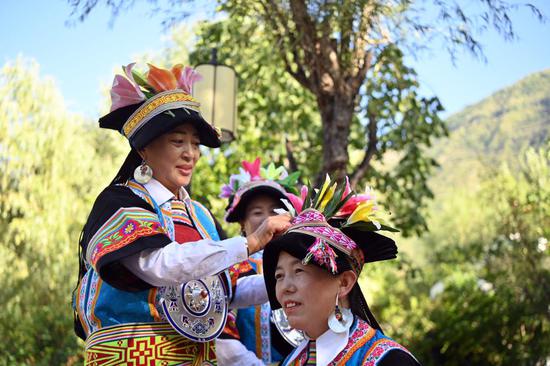














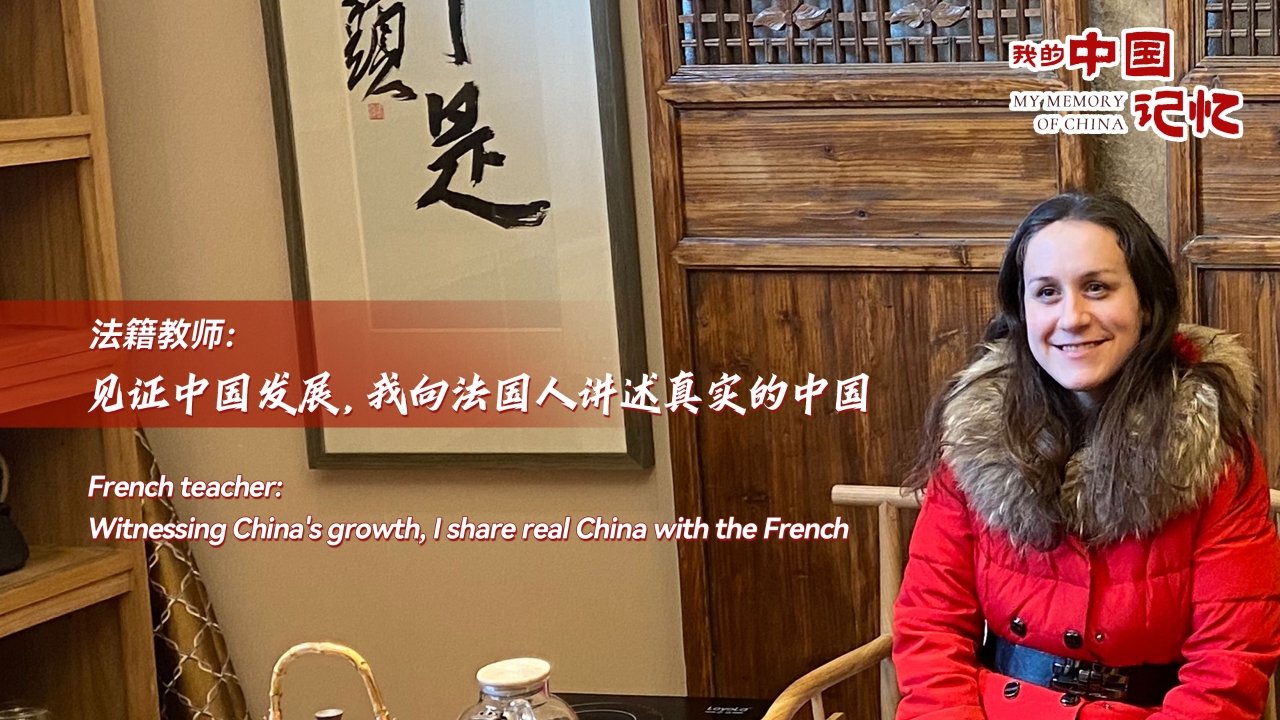


 京公网安备 11010202009201号
京公网安备 11010202009201号